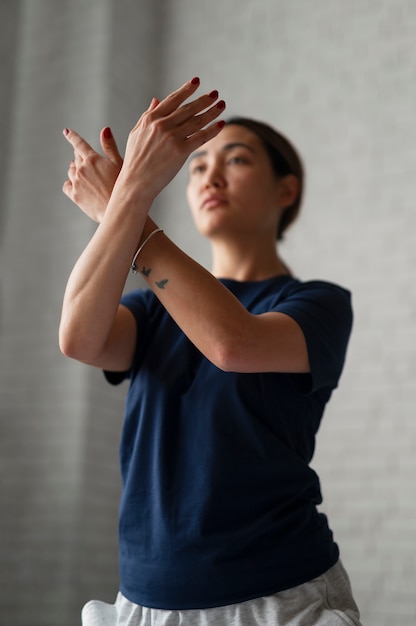
Maybe you’ve heard about the “Quarantine 15+” or even started experiencing it yourself. When COVID-19 began, it initially seemed like a dream for many — no more commuting, fewer costly gas station trips, and being around family 24/7. What could be better?
Fast forward a few months, and life during social distancing and quarantine might not be living up to your expectations, especially if you notice your self-control waning. Having constant access to your fridge and kitchen could be affecting your health, and without a gym to go to, your motivation might be slipping.
However, gaining a few extra pounds isn’t the only result of reduced self-control during quarantine. There are more serious concerns, especially for those dealing with addiction and recovery. For non-drinkers, seeing liquor stores labeled as “essential services” and cities offering grab-and-go cocktails might seem shocking, but it highlights how much the country values certain vices.
A substance abuse evaluation might reveal surprising results for many Americans, showing that what they thought was moderate drinking or recreational drug use could actually be signs of dependency or abuse. No matter where you’re losing control during quarantine, there are key steps to regaining discipline and getting help if needed.
In serious cases of relapse, such as restarting drinking or drug use after a period of sobriety, it’s crucial to seek immediate professional help. Trusted experts and organizations, like AA, have adapted to provide full online support, and in-person help is available for more severe cases.
If you live with family or friends, involving them in your efforts to regain self-control can help create a supportive network. This can range from limiting unnecessary screen time to agreeing not to order junk food.
For less severe cases of slipping self-discipline, simply tracking your habits and progress can help you get back on track. For example, if you can’t remember the last time you did some cardio, start writing down your workouts daily to hold yourself accountable. Keeping this log somewhere visible, like a hanging calendar, can keep you motivated.
There have always been online groups for just about anything, and that’s even more true during the COVID-19 pandemic. If you haven’t practiced yoga since April because you can’t go to your studio, try transitioning to online classes or self-practice modules to adapt to the new normal.
If you’re a typical Type-A overachiever and feel your self-discipline slipping, reassess your situation. Everyone needs some gentle self-love these days, so allow yourself breaks if necessary. It’s easier to maintain self-discipline when there’s a reward at the end. Choose accessible and healthy rewards, like a scenic drive, to celebrate each milestone as you get back on track.
Self-discipline naturally ebbs and flows throughout life. We each have different strengths in various areas of our lives. For example, some of us are diligent about daily workouts but might not be great at making the bed every day (which has its benefits!). Be kind to yourself and take the steps to get back on the right path today.